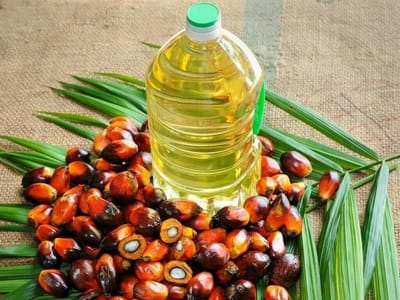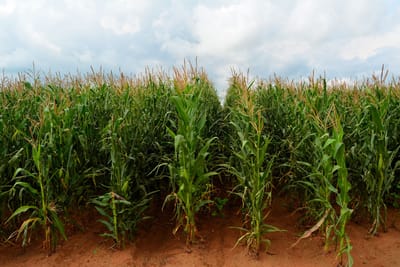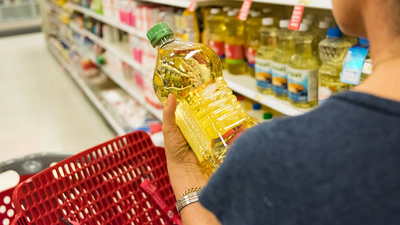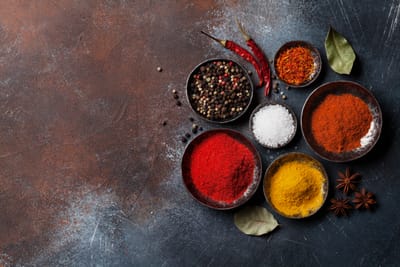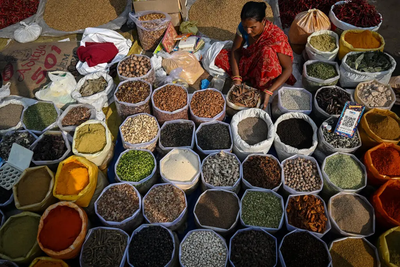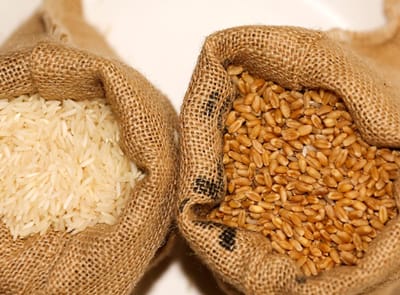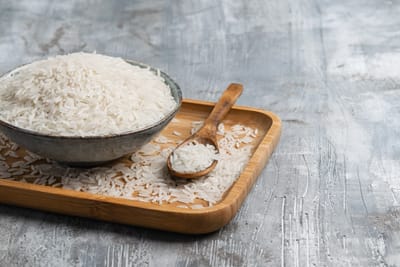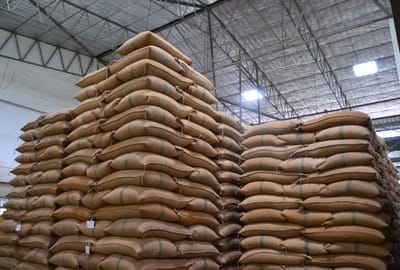ARTICLE 3 #import
Cooking oil prices in Pakistan’s retail market have hit a 15-month high. The surge comes on the back of rising palm oil import costs, which have pushed domestic prices higher.
Read MoreThis achievement is not merely about reducing import bills; it has far-reaching implications for Kenya's economy and its people.
Read MoreThe hike in import duties by the world's largest importer of edible oils could lift local vegetable oil and oilseed prices, while potentially dampening demand and reducing overseas purchases of palm oil, soyoil, and sunflower oil.
Read MoreAs indicated in the latest market research report published by IMARC Group, titled "India Spices and Seasonings Market Report by Product (Salt and Salt Substitutes, Herbs, Spices), Application (Meat and Poultry Products, Snacks and Convenience Food, Soups, Sauces and Dressings, Bakery and Confectionery, Frozen Products, Beverages, and Others), and Region 2025-2033," this report provides an in-depth analysis of the industry, featuring insights into the market.
Read MoreA dash of this and a pinch of that could cost more in American kitchens with new tariffs on goods from India. Many spices used by home chefs, restaurants and large manufacturers are imported from India, and the 50 percent tariffs on the country imposed by President Trump could drive costs higher, a trade association warned on Wednesday. Last year, the United States imported more than $410 million in spices from India, according to the U.S. Department of Agriculture.
Read MoreThe Centre has allocated 10 lakh tonnes (lt) —5 lt wheat and rice each —to cooperative organizations such as National Agricultural Cooperative Federation of India Ltd (Nafed) and National Cooperative Consumers Federation of India (NCCF) for further retail sale directly to consumers under “Bharat” brand, which may help resume sales of these essential items at cheaper than market prices.
Read More📊 According to the Edible Oil Producers Association of India (SEA), in July the share of Ukrainian oil in total imports of this oil to India exceeded the share of Russian supplies for the first time in two years. Of the 200 thousand tons of sunflower oil purchased by India in July, the share of Ukrainian products was 39%, and Russian - 25% or 49 thousand tons. Before that, for a long time the share of Ukrainian oil in Indian imports fluctuated within 13-34%, but did not exceed the volume of purchases of Russian oil, which was the leader in the Indian market for the last few seasons.
Read MoreA recent study predicts that international rice prices will remain subdued until 2026, largely due to bumper harvests and record stockpiles in India. According to IRRI and The Rice Trader, India’s government rice reserves hit 37.9 million tonnes as of August, fueled by record crops and strong procurement under the MSP policy. With supply expected to outpace domestic demand by nearly 30 million tonnes, India’s surplus is reshaping the global rice trade.
Read MoreCompeting exporters (Thailand, Vietnam, Pakistan) are under pressure, but the dynamics are mixed: some are lowering prices; others are focusing on quality or niche markets.
Read More